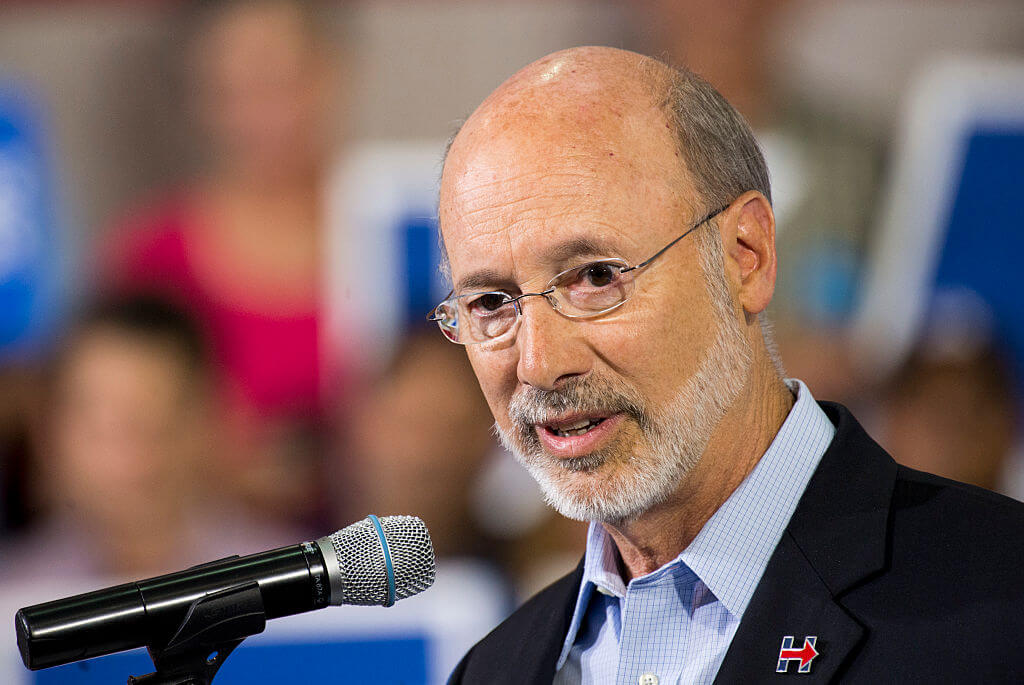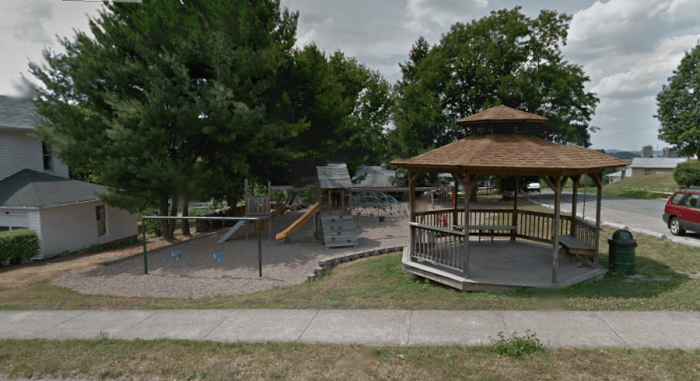Pennsylvania Gov. Tom Wolf made major strides in the state’s opioidepidemic Wednesday, signing a series of measures that restricts access to opioids and adds more checks for doctors and other prescribers. The laws, five in total:
—Establishrestrictions for prescribing opioids to minors;
—Creates opioid-prescribing curriculum in medical schools;
—Requires prescribers to check a database each time they prescribe an opioid or benzodiazepine;
—Mandates that emergencyroomsand urgent care centers write prescriptions in quantities for no longer than seven days;
—Allows all federal, state and local law enforcement entities and several health-care agencies to serve as drop-off locations for unwanted or expired drugs.
“I am proud to sign a package of bills that represents the work that we have all done together to address the heroin and opioid abuse crisis, and begins to curb the effects of this public health epidemic in Pennsylvania,” Wolf said in a statement. “Four weeks ago, I addressed a joint session of the General Assembly to outline a set of legislative goals that would help us tackle this public health crisis and together, the General Assembly and my administration committed to help the victims of substance use disorder, and the communities that have been devastated by this terrible disease.” Deaths by drug overdose outpaced deaths by car crashes, firearms and homicide in 2014 in Pennsylvania, according to theCenters for Disease Control and Prevention. Fueled by a boom in prescription pain medication, heroin and other drug addiction has swept across the state, from urban pockets to suburban and rural areas. Often, users become addicted through pain meds. When the prices become too overwhelming, they will often turn to heroin or suboxone, a low-dose opioid used to treat addiction. Last year, Wolf enacted a statewide standing order for all Pennsylvanians to be able to receive naloxone, a medication that can reverse an overdose.
Governor signs legislation to battle opioid epidemic

Bill Clark/CQ Roll Call via Getty Images

























